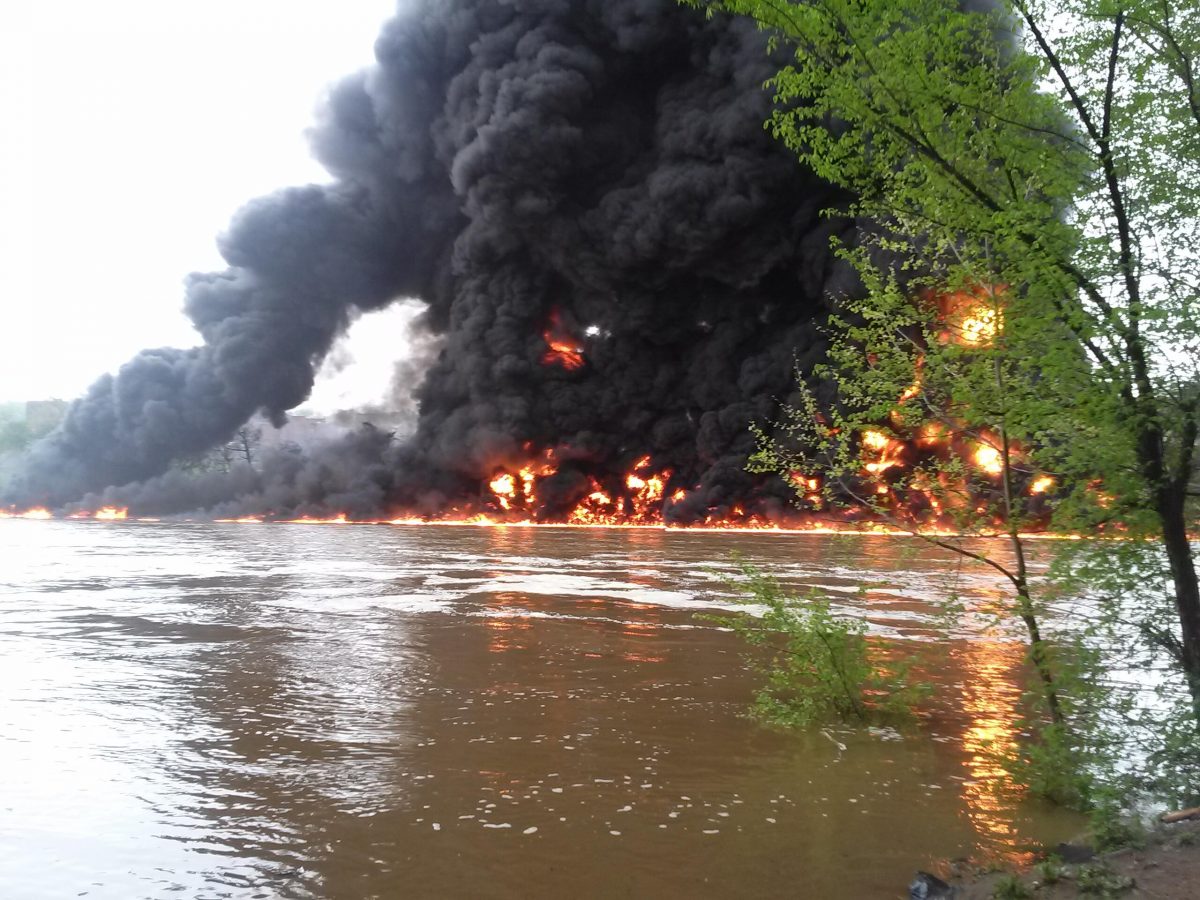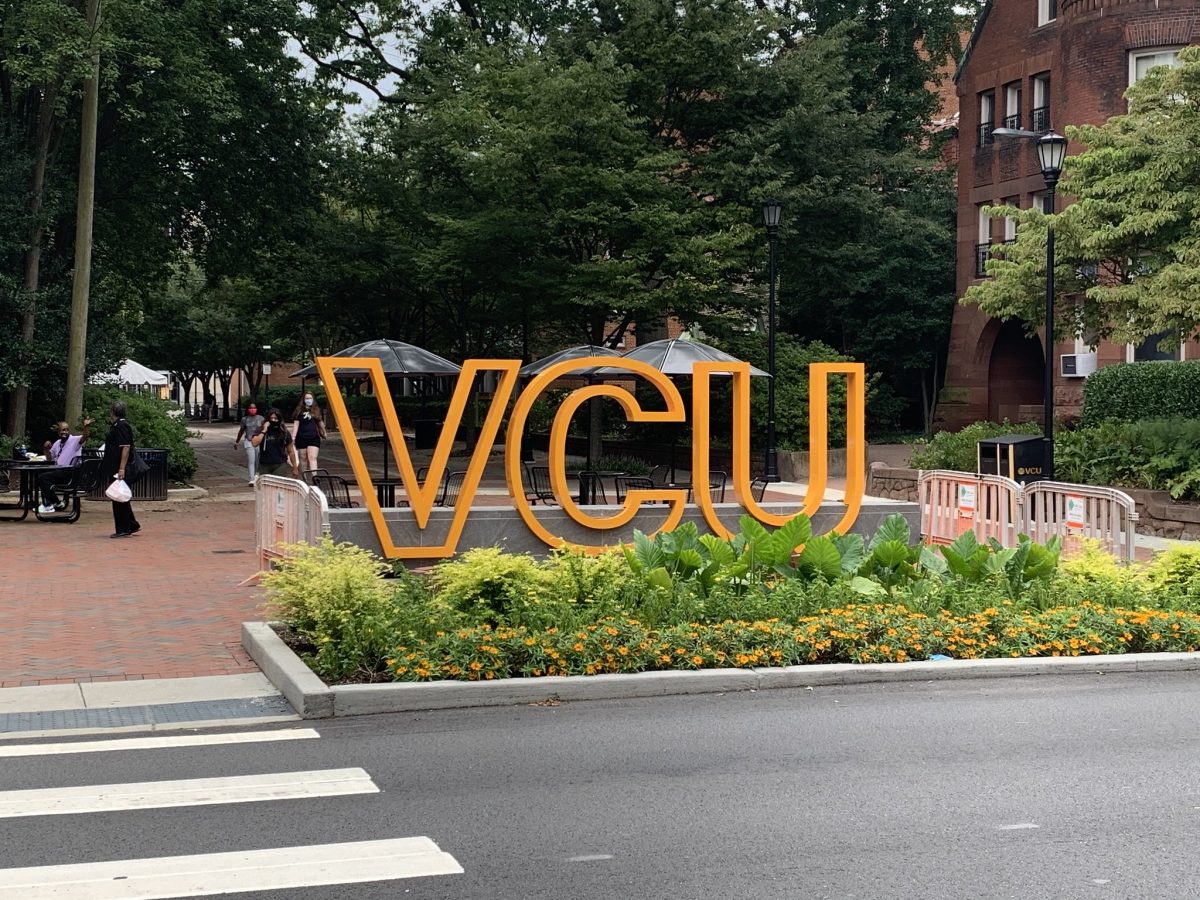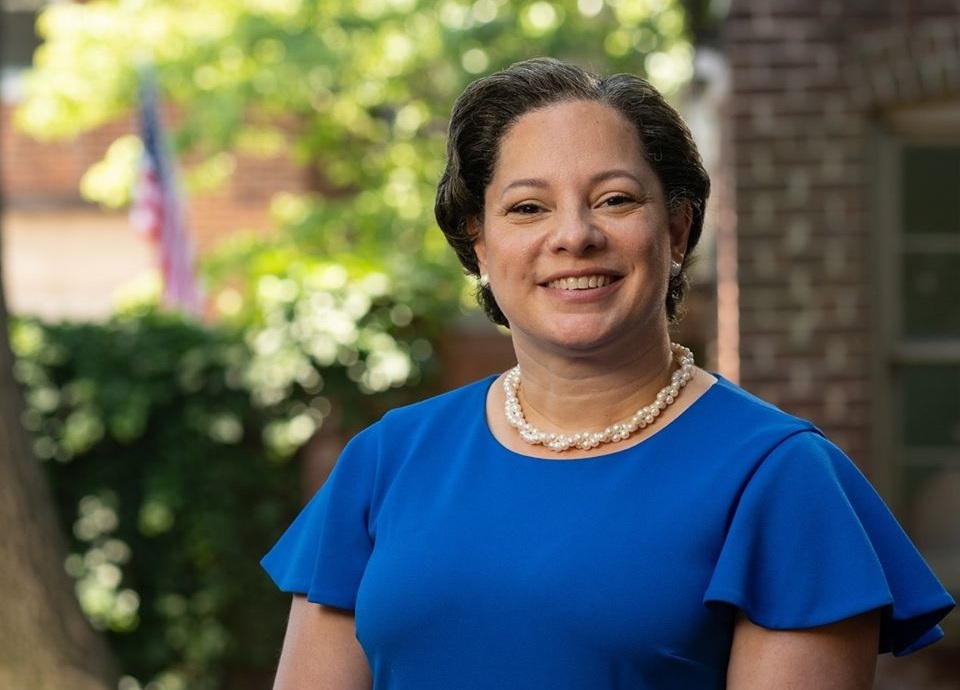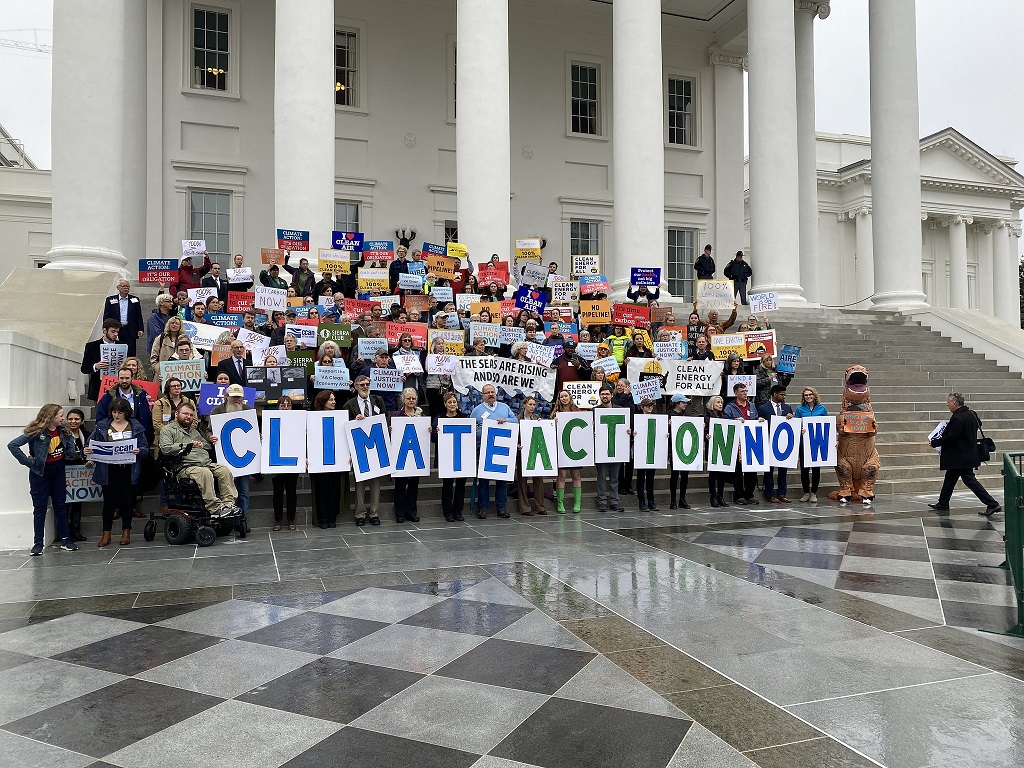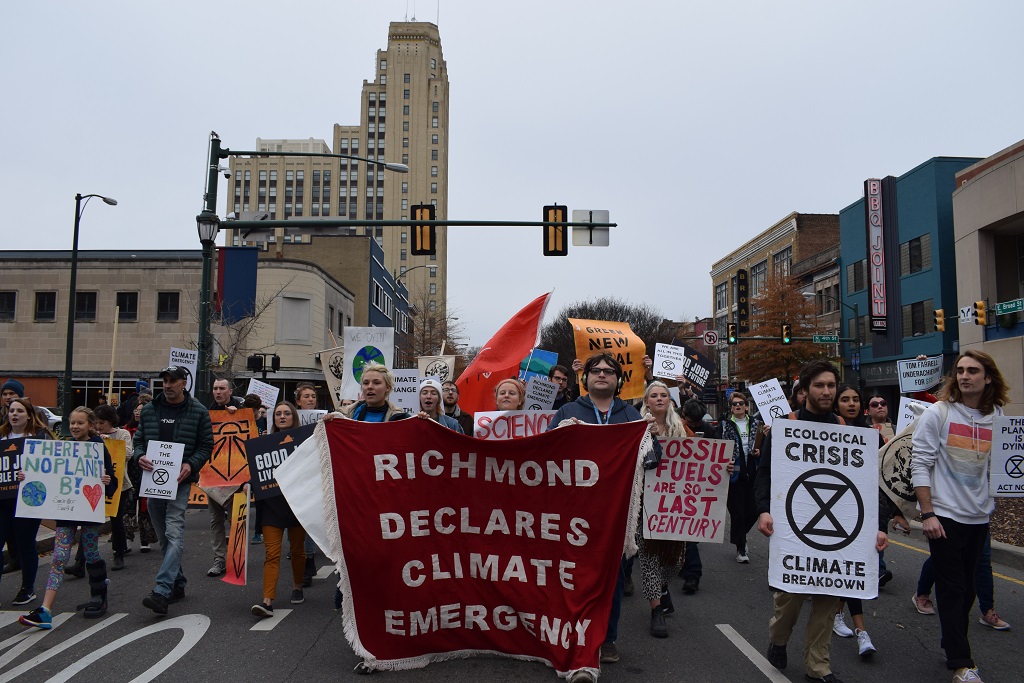Year after year, coal train derailments, sewage pipeline leaks, pesticide runoff, and other toxic substances continue to poison the James River. In a summer that's seen multiple toxic train derailments and a two-week ban on swimming due to multiple sewage pipe breaks,...
